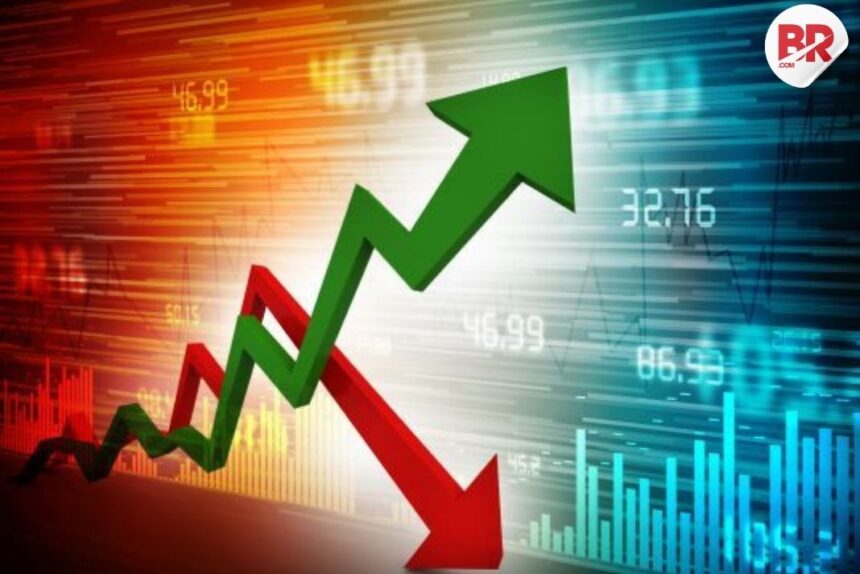In today’s fast-changing financial world, the topic of market volatility is on everyone’s mind. With worries about new China tariffs and a possible market correction, many investors are feeling unsure about what’s coming next. As someone who also invests, understand how stressful this can be. So let’s break it down in simple terms—what is market volatility, what is a correction, and how things like tariffs and inflation might affect your money.
What is Market Volatility and Why Should You Care?
Market volatility simply means how much and how often the prices of stocks and other investments go up and down. These changes can happen quickly and are often caused by things like economic news, political issues, or changes in government policies.
If you’re an investor, it’s important to understand volatility because:
- High volatility = higher risk (but also potential for higher rewards)
- It can affect the value of your investments
- It helps you make smarter investment decisions
What is a Market Correction?
A market correction happens when stock prices drop by 10% to 20% from their recent high. It’s more serious than a normal daily drop but not as bad as a full-blown crash.
Think of it as the market taking a breather. Prices get too high, and a correction helps bring them back to fair levels. While corrections can feel scary, they are a normal part of how markets work. You only need to worry if it turns into a bear market, where prices fall more than 20%.
Read More: Elon Musk’s Idea for a US-EU Zero-Tariff Trade Zone: A New Path for Global Trade?
How China Tariffs Affect Market Volatility
Tensions between the U.S. and China—especially with new tariffs (taxes on goods from other countries)—have made markets more unstable.
Here’s how tariffs create problems:
- Companies may face higher costs
- Global supply chains can be disrupted
- Businesses might earn less money
- Investors feel unsure and react by buying or selling quickly
All this uncertainty causes prices to swing more, leading to higher market volatility.
Also See: Week Ahead: RBI Policy, Trump’s Tariffs, Q4 Results, and More to Drive Indian Stock Market
Final Thoughts
Market ups and downs are a normal part of investing. But by understanding what causes them—like trade policies and economic changes—you can stay calm and make better decisions. Don’t panic during corrections. Instead, focus on your long-term goals and keep learning about the market.




